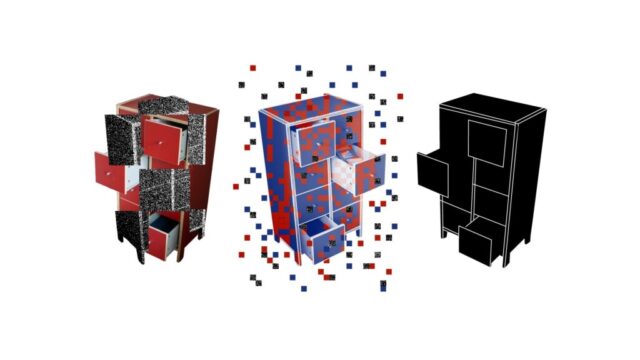Agencies Begin to Comply with 2020 Executive Order on AI Transparency
August 3, 2022 |

In 2020, President Trump signed Executive Order 13960, which created concrete requirements aimed to improve transparency around how the United States is currently using automated decision-making systems by creating registries of non-classified federal government uses of AI, and requiring public “use case inventories.” This EO prompted specific deadlines for meeting requirements, including mandates that agencies must prepare inventories of AI use cases in compliance with their own guidance by August 2021, and make those inventories public by December 2021 (the OMB additionally clarified that agencies should finalize and publish plans to regulate AI by May 17, 2021). Most deadlines stemming from the executive orders have still not been met by a majority of agencies, which EPIC wrote about in January 2022.
Throughout Summer 2022, some agencies have complied with portions of 13960, and the Federal CIO has made progress with their requirements, publishing the following guidance on Use Case Inventories:

The following agencies have published Use Case Inventories in compliance with EO 13960:
- Department of Labor
- Department of Agriculture
- Department of Energy
- Department of Health and Human Services
- Department of Justice
- Department of State
- Department of Commerce
EO 13960 also requires agencies to complete Algorithmic Impact Assessments, which must be prepared by the Federal CIO Council. The Council recently published an “alpha” version of an Algorithmic Impact Assessment. While this progress is encouraging, we note that most of these actions have taken place well past the established deadlines and many requirements remain to be completed. EPIC will continue to monitor and update this post with additional compliance with the Executive Order.

Support Our Work
EPIC's work is funded by the support of individuals like you, who allow us to continue to protect privacy, open government, and democratic values in the information age.
Donate